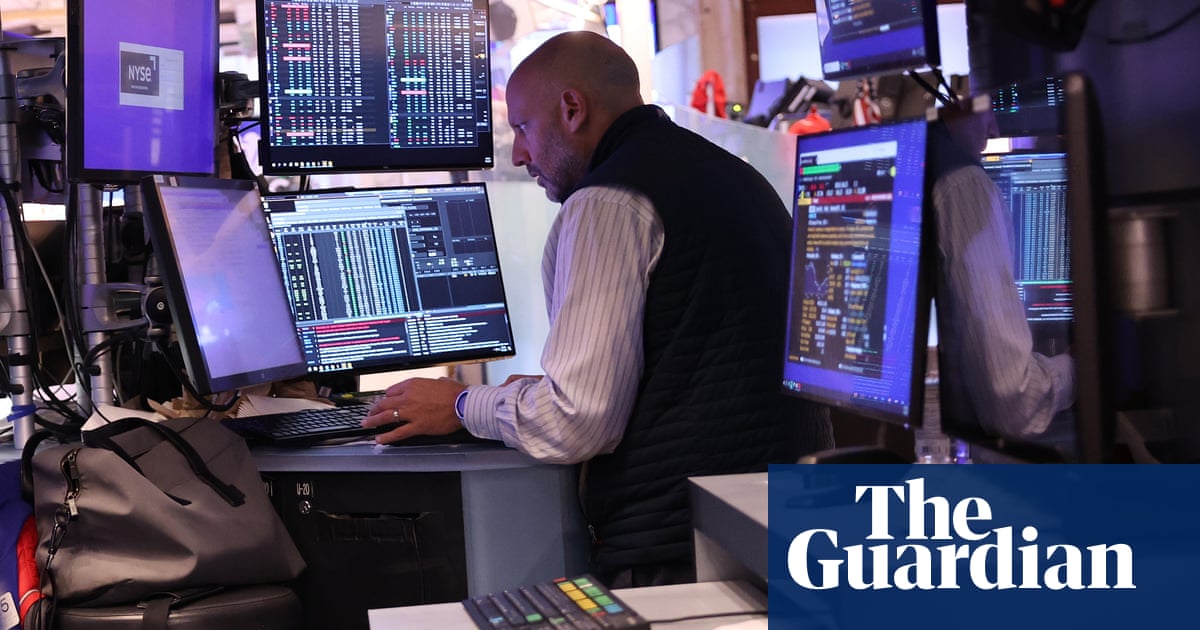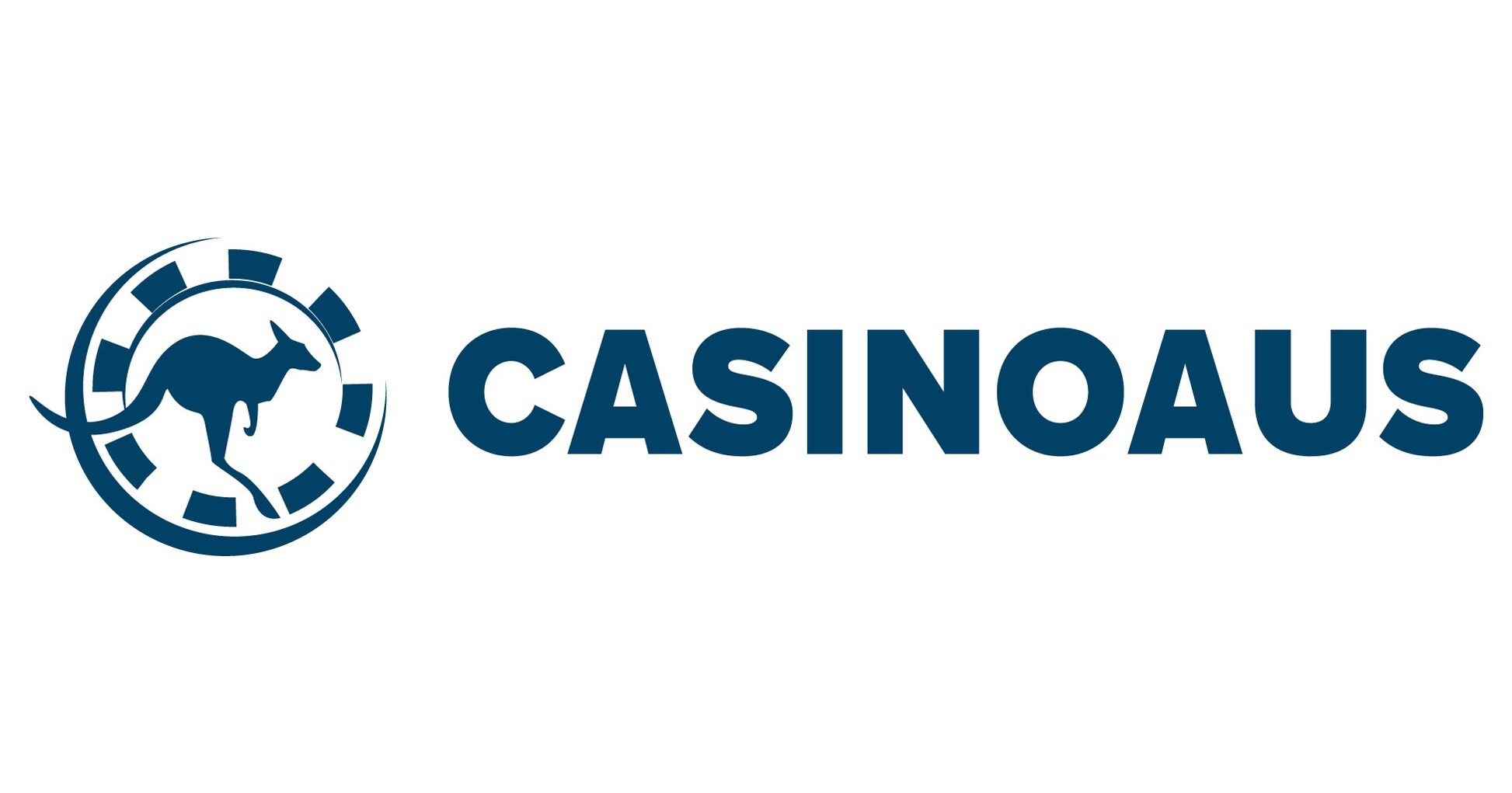Tech
Fear of US recession rattles global markets as tech shares fall

Stock markets in Europe, Asia and New York tumbled on Friday as fears of a US economic slump grew and technology shares were hit by underwhelming earnings.
Concerns that the US could be sliding towards a recession spurred a global sell-off, which accelerated after a poor employment report on Friday showed that the US jobs market was cooling fast, pushing up the unemployment rate.
Economists fear the US economy could be weaker than central bankers at the Federal Reserve had realised, and could force the Fed into a sharp cut in borrowing costs in September – or even an emergency rate cut before that – to stimulate demand.
“The sharp slowdown in payrolls in July and sharper rise in the unemployment rate makes a September interest rate cut inevitable and will increase speculation that the Fed will kick off its loosening cycle with a 50bp cut or even an intra-meeting move,” said Stephen Brown, deputy chief North America economist at Capital Economics.
The weak jobs report added to anxiety after data this week showed weakness in the US manufacturing sector, and disappointing results from semiconductor maker Intel, which hammered its shares.
The tech-focused Nasdaq index fell almost 3% in early trading and was on course for a correction – 10% off its record high – after the latest US non-farm payroll report showed that only 114,000 jobs were created last month, compared with the 175,000 analysts expected. In another blow, the US unemployment rate rose from 4.1% to 4.3%.
Japanese equities suffered their worst day since the Covid-19 pandemic rocked markets in 2020; the Nikkei 225 share index tumbled by 5.8% to its lowest closing level since January. The broader Japanese Topix fell 6.1%, Australia’s ASX fell 2.5% and Hong Kong’s Hang Seng was down 2.1%.
Europe’s main stock indices also declined on Friday, with European technology stocks falling to their lowest level in more than six months. France’s CAC 40 hit its lowest level since last November, down over 1%, while Germany’s Dax lost 2%.
The Dutch chipmaking equipment manufacturer ASML’s shares fell 9.6%, while the rival ASM International dropped 13.7%.
“The past 24 hours have seen an increasingly precarious backdrop for risk markets, with a risk-off mood on the back of another batch of weak US data yesterday followed by mostly downbeat tech earnings overnight,” said Jim Reid, an analyst at Deutsche Bank, on Friday morning.
In London, the FTSE 100 blue-chip share index lost more than 120 points at one stage, down 1.5%.
Friday’s sell-off followed a rough day’s trading on Wall Street on Thursday, where the Dow Jones industrial average fell 1.2%, or almost 500 points. This was triggered by data showing US manufacturing activity dropped to an eight-month low in July amid a slump in new orders, and a jump in the number of Americans filing new applications for unemployment benefits to an 11-month high.
New orders for US-manufactured goods fell by 3.3% in June, data on Friday showed, adding to anxiety that economic demand was tailing off. The Fed left US interest rates on hold on Wednesday, but hinted that a rate cut was close.
Financial markets are now pricing in a 100% chance that the Fed will cut rates in September, with a large, half-point cut seen as a 60% chance after the weak jobs report.
after newsletter promotion
“The Fed remain wary about inflation, but this week’s employment cost index and unit labour cost data should really have boosted their confidence that inflation is on the path to 2%. Their focus needs to be the state of the jobs market,” said James Knightley, ING’s chief international economist.
The US dollar weakened, lifting the pound by 0.5% to $1.28, and the euro by 1.2% to $1.092.
Intel’s shares plunged over 28% after it announced plans to cut more than 15,000 jobs globally as it tries to “resize and refocus” its business. Amazon shares were down 10% after it missed sales forecasts and disappointed analysts with its latest outlook.
Shares in the chipmaker Nvidia fell 2.7% after a report that the US Department of Justice had launched an investigation into complaints from competitors that it may have abused its market dominance in selling chips that power artificial intelligence.
Russ Mould, an investment director at AJ Bell, said rising economic pessimism meant August had got off to a bad start for global stock markets.
“An economy going through a bad patch is one catalyst for a central bank to cut rates and hopefully stimulate activity,” he said. “This thought process is likely to be at the top of the agenda for the Fed this week after shocking US economic data that featured bigger than expected jobless claims and contraction in manufacturing. The narrative has changed from rate cuts equating to good news to rate cuts meaning measures to avoid recession.”
While shares slid, gold hit a fresh record on Friday as investors flocked to safe-haven assets. Gold futures at one point on Friday were up $25.70 (£20.17), or 1%, to $2,506.40 an ounce.










